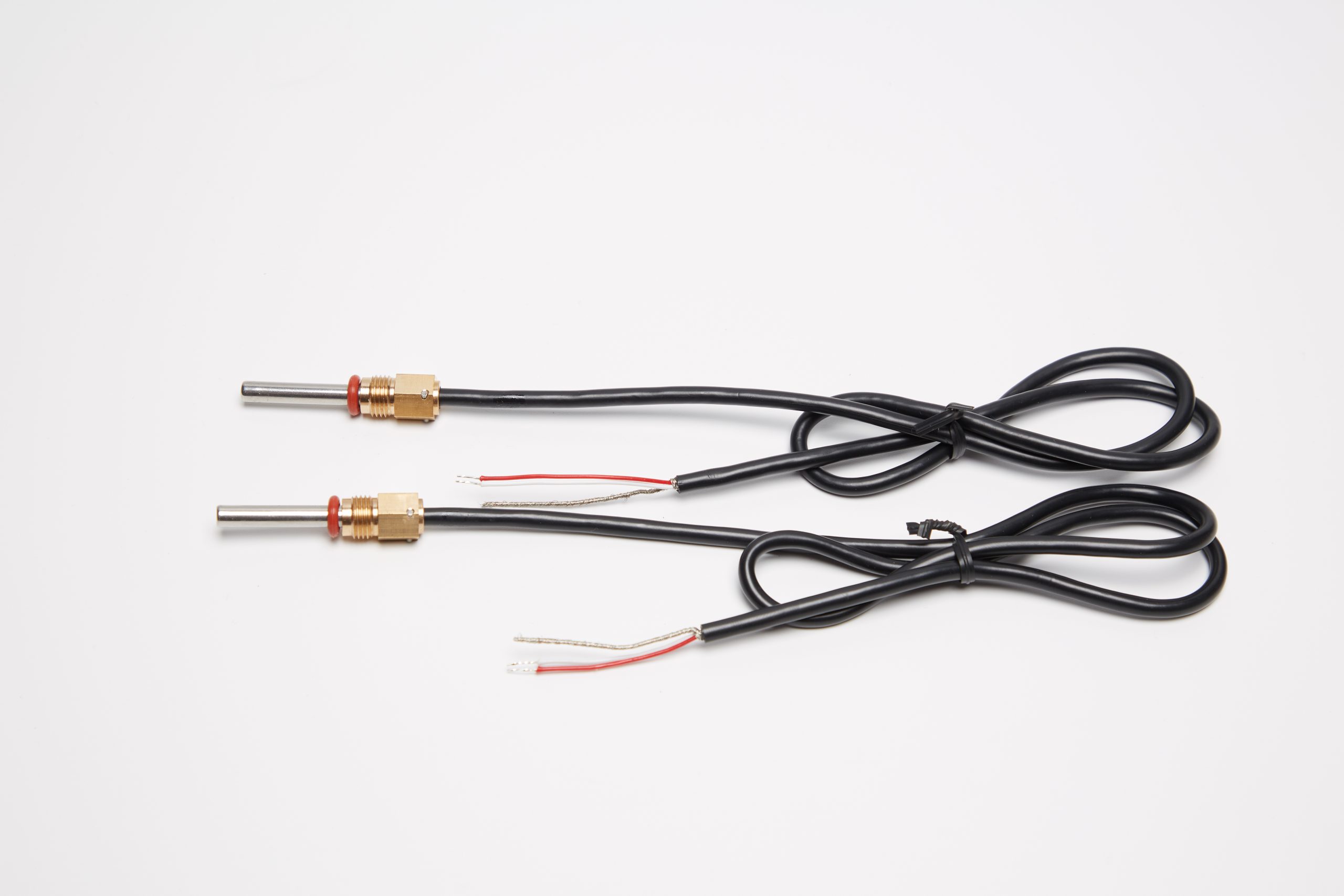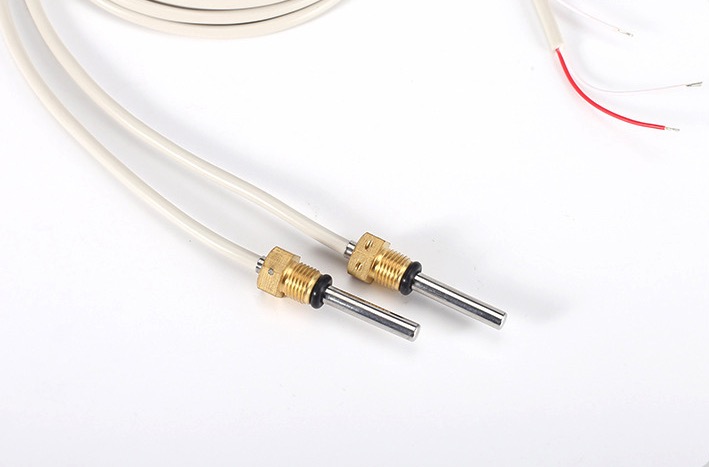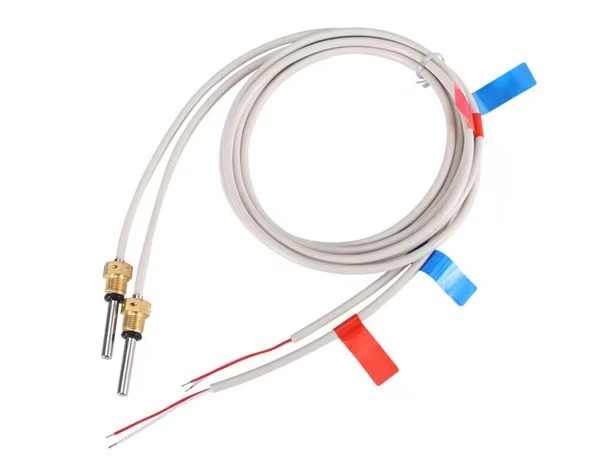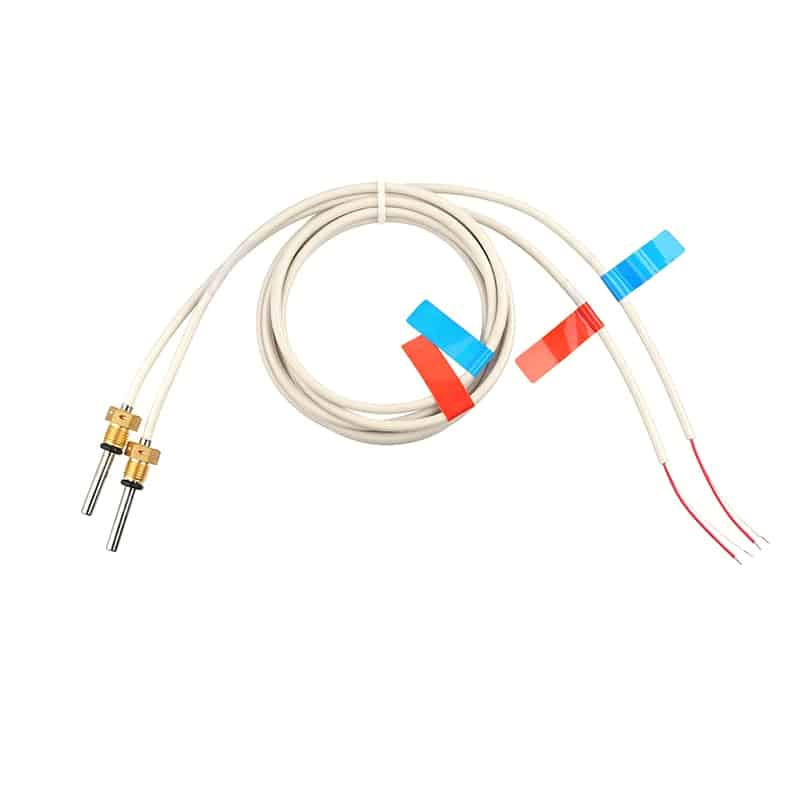Understanding the Effects of NTC Thermistor on Increasing Temperature
Article Summary
- Introduction
- What is an NTC Thermistor?
- Temperature Response of NTC Thermistors
- Applications of NTC Thermistors
- Conclusion
Introduction
Welcome to our comprehensive guide on understanding the effects of NTC (Negative Temperature Coefficient) thermistors on increasing temperature. In this article, we will explore the fundamentals of NTC thermistors, their temperature response, and various applications in which they play a crucial role.
What is an NTC Thermistor?
An NTC thermistor is a type of resistor whose resistance decreases as the temperature increases. NTC thermistors are made from metal oxides and exhibit a negative temperature coefficient, hence the name. These thermistors are widely used in various electronic and electrical applications where accurate temperature sensing and control are required.
Temperature Response of NTC Thermistors
The temperature response of NTC thermistors is highly nonlinear, which means their resistance changes significantly with small changes in temperature. This nonlinearity gives NTC thermistors an advantage over other temperature sensors in terms of sensitivity and accuracy in a limited temperature range. However, it requires careful calibration and compensation techniques to ensure precise temperature measurements.
NTC thermistors have a steep negative slope in their resistance-temperature characteristics, making them highly sensitive to temperature changes. As the temperature increases, the resistance of an NTC thermistor decreases rapidly. This unique characteristic allows NTC thermistors to be used in applications such as temperature sensing, temperature compensation, and temperature control.
Applications of NTC Thermistors
NTC thermistors find widespread usage in various industries and applications. Some of the common applications include:
- Thermostats and temperature control systems
- Temperature compensation in electronic circuits
- Overheat protection in appliances
- Liquid level measurement
- Automotive temperature sensing
Conclusion
NTC thermistors are essential components in temperature sensing and control systems. Their unique negative temperature coefficient makes them ideal for applications where accurate temperature measurements are required. Understanding the temperature response and applications of NTC thermistors can greatly benefit engineers and researchers working in various industries.





